Standardised framework provides assessment of carbon dioxide storage site readiness
Geoscientists have developed a practical framework for assessing the degree of ’readiness’ of a prospective carbon dioxide storage site.
28/10/2021 By BGS Press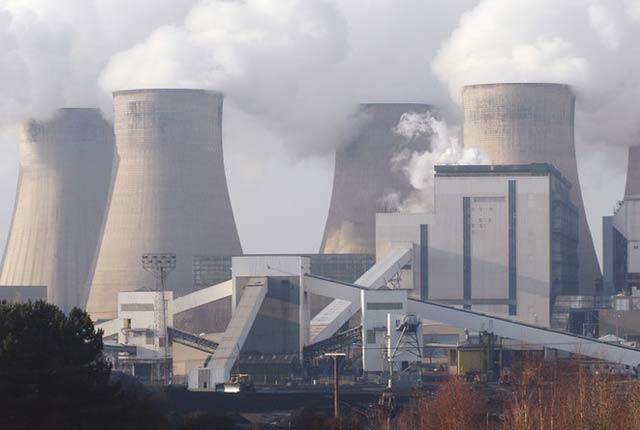
A practical framework for assessing the degree of ’readiness’ of a prospective carbon dioxide (CO2) storage site, drawing on decades of North Sea basin experience, has been shared in a new paper published by the International Journal of Greenhouse Gas Control.
Geoscientists from the ALIGN-CCUS project have developed a framework of CO2 Storage Readiness Levels (SRLs), which capture the entire picture of technical appraisal, permitting and planning activities for a potential storage site and what must be completed before it can become operational.
The framework is based on the national CO2 storage portfolios of the UK, Norway and the Netherlands, which represent 742 saline formation and hydrocarbon field sites. However, the methodology can be applied to a potential storage site at whatever stage of appraisal anywhere in the world.
The system has allowed a comparison of investment levels and the amount of appraisal time required to achieve a permit-ready North Sea CO2 storage site.
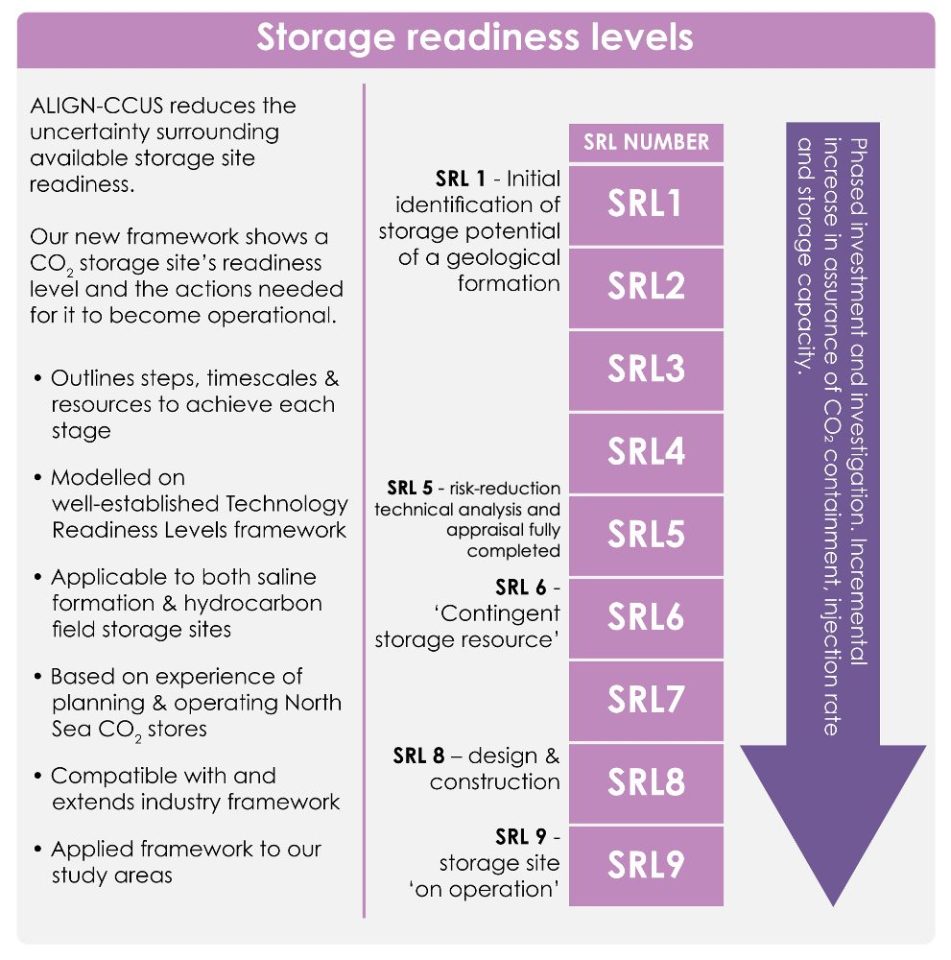
Storage Readiness Levels show the actions that need to be taken for a storage site to be ready for operation. © ALIGN-CCUS/MJD Design.
The researchers took inspiration from Technology Readiness Levels (TRLs), which are used to mark progress in the development of an innovative technology from inception to commercial delivery.
Objectivity is very important for scientific research so we completed our framework first before applying it to the portfolio of prospective and planned sites in each of our countries.
Our system of nine levels benefited greatly from discussion with regulators and offshore industry representatives, which ensured the progression through the SRLs is consistent with the licensing steps required by European legislation. It also ensured that our SRLs are consistent with industry management systems.
Learning from North Sea experience gives realistic estimates of the time and cost needed to bring a site to operational storage and so increase the confidence of investors and operators.
Dr Maxine Akhurst, lead author from the British Geological Survey.
The multidisciplinary ALIGN-CCUS project, which concluded last year, was funded through the EU’s ERA-NET ACT programme to help transform six European industrial regions into economically robust, low-carbon centres by 2025.
Relative topics
Related news
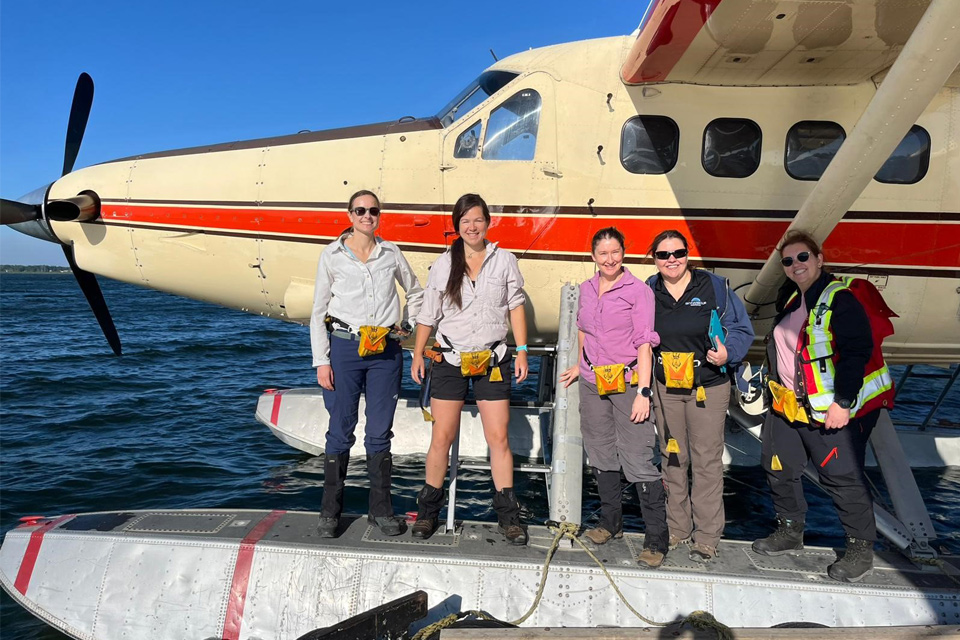
Funding awarded to UK/Canadian critical mineral research projects
08/07/2025
BGS is part of a groundbreaking science partnership aiming to improve critical minerals mining and supply chains.
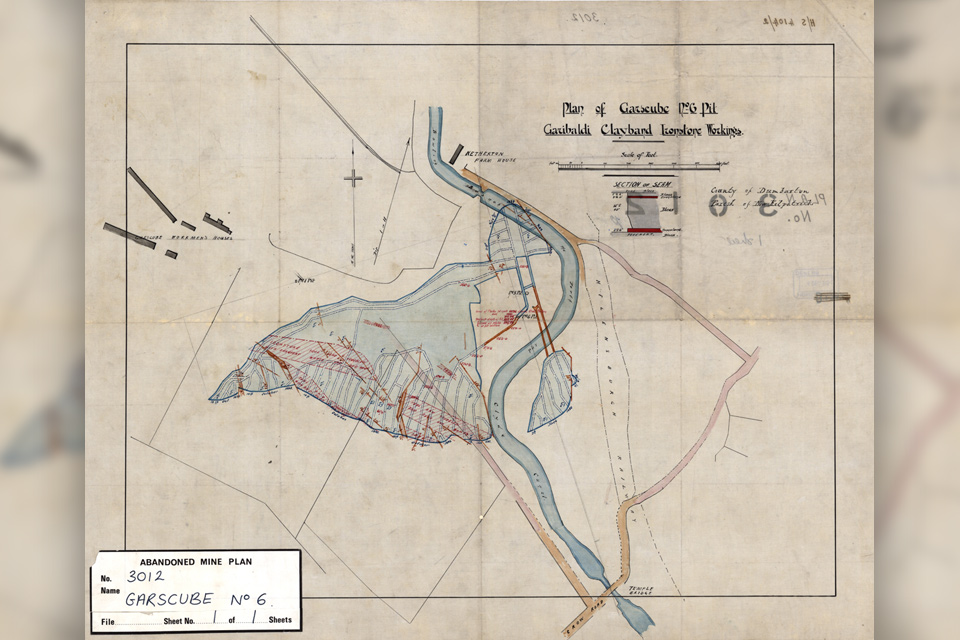
Release of over 500 Scottish abandoned-mine plans
24/06/2025
The historical plans cover non-coal mines that were abandoned pre-1980 and are available through BGS’s plans viewer.
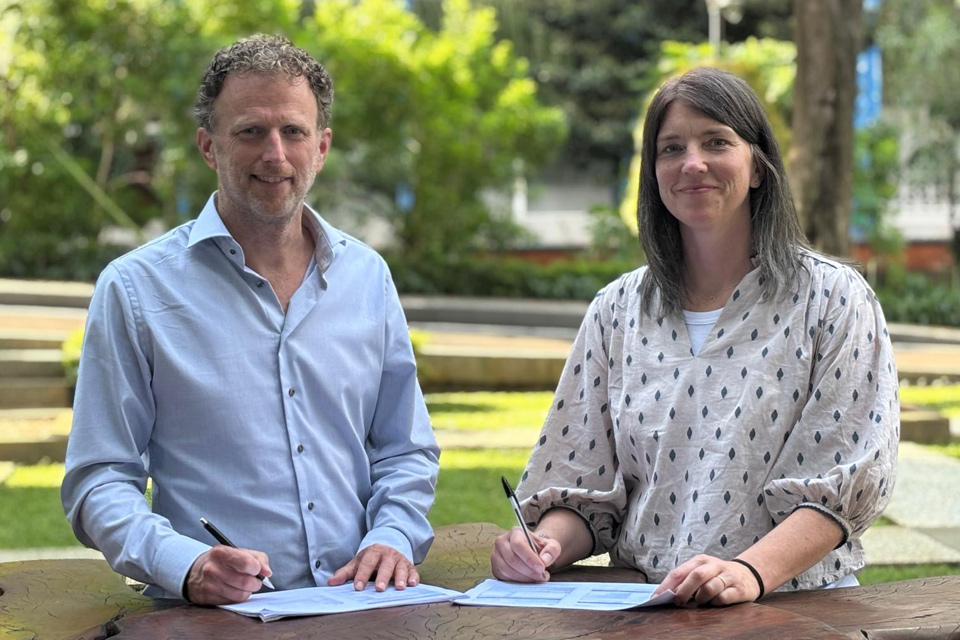
New collaboration aims to improve availability of real-time hazard impact data
19/06/2025
BGS has signed a memorandum of understanding with FloodTags to collaborate on the use of large language models to improve real-time monitoring of geological hazards and their impacts.

Modern pesticides found in UK rivers could pose risk to aquatic life
17/06/2025
New research shows that modern pesticides used in agriculture and veterinary medicines have been found for the first time in English rivers.

Goldilocks zones: ‘geological super regions’ set to drive annual £40 billion investment in jobs and economic growth
10/06/2025
Eight UK regions identified as ‘just right’ in terms of geological conditions to drive the country’s net zero energy ambitions.
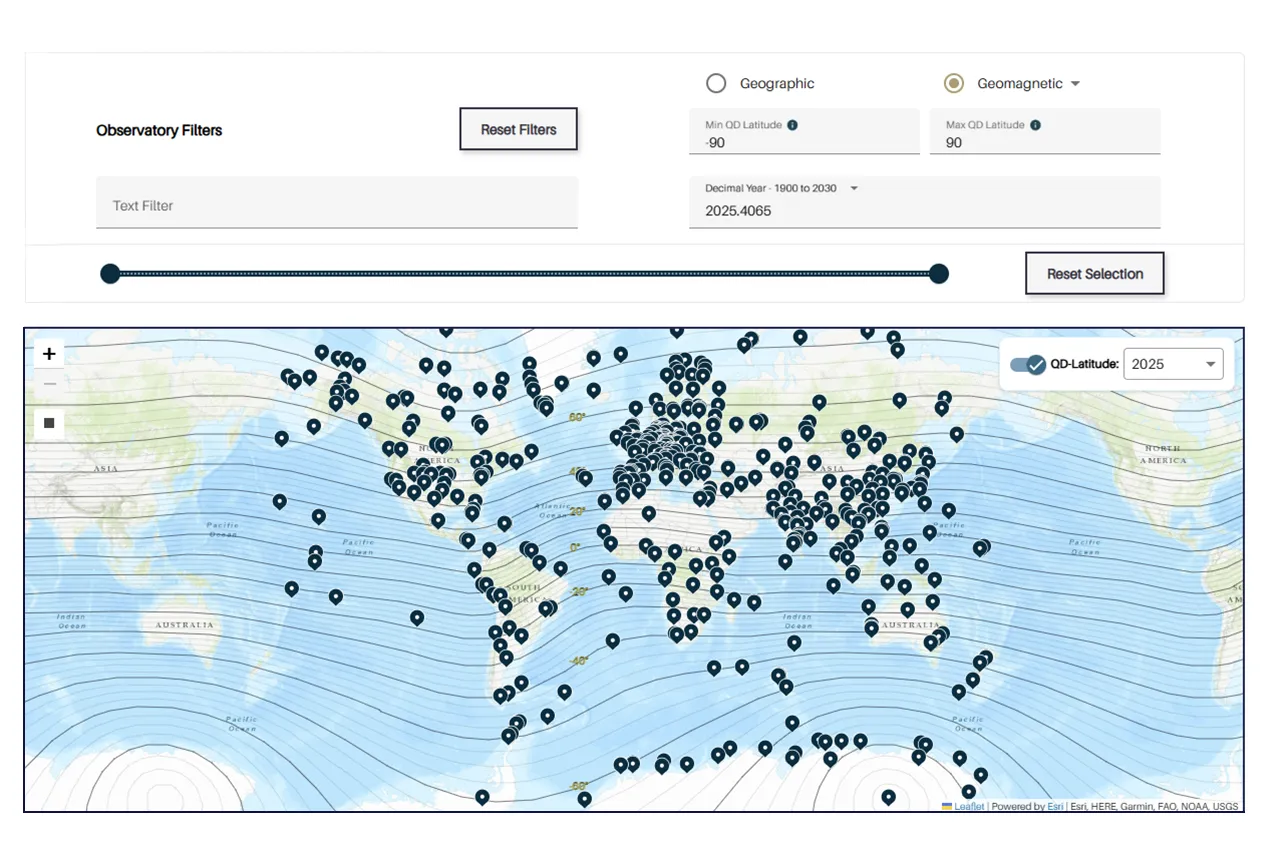
Upgraded web portal improves access to geomagnetism data
02/06/2025
BGS’s geomagnetism portal, which holds data for over 570 observatories across the world, has received a significant update.

BGS digital geology maps: we want your feedback
29/05/2025
BGS is asking for user feedback on its digital geological map datasets to improve data content and delivery.

What is the impact of drought on temperate soils?
22/05/2025
A new BGS review pulls together key information on the impact of drought on temperate soils and the further research needed to fully understand it.

UK Minerals Yearbook 2024 released
21/05/2025
The annual publication provides essential information about the production, consumption and trade of UK minerals up to 2024.

BGS scientists join international expedition off the coast of New England
20/05/2025
Latest IODP research project investigates freshened water under the ocean floor.

New interactive map viewer reveals growing capacity and rare earth element content of UK wind farms
16/05/2025
BGS’s new tool highlights the development of wind energy installations over time, along with their magnet and rare earth content.

UKRI announce new Chair of the BGS Board
01/05/2025
Prof Paul Monks CB will step into the role later this year.




